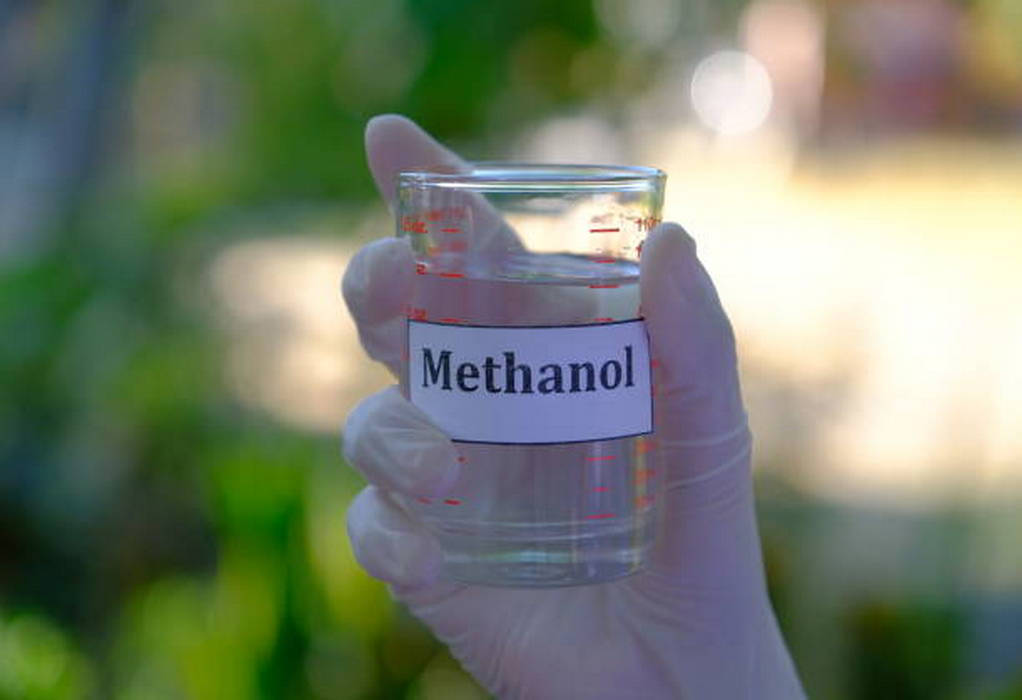A ‘cutting-edge’ carbon dioxide (CO2)-to-methanol plant has begun production in Anyang, Henan Province, China, becoming the world’s first commercial scale facility of its kind to produce methanol from captured waste CO2 and hydrogen gases.
Taking advantage of Emissions-to-Liquids (ETL) technology developed by Carbon Recycling International (CRI), the facility will be capable of capturing 160,000 tonnes of CO2 emissions per year with the capacity to produce 110,000 tonnes of methanol per year.
To produce the methanol, specialised catalysts are used within CRI’s ETL reactor system to convert the CO2 and hydrogen feed gases into low carbon-intensity methanol.
The sustainably-generated methanol can then be used as a feedstock for a range of industries, primarily plastics, as a direct fuel source for cars, or as a synthesis (syn) gas to convert into liquid fuels via the methanol-to-gasoline (MTG) process.
By harnessing captured CO2, the process prevents harmful emissions from entering the atmosphere and generates a clean fuel source that can be used to replace traditional coal-based methanol currently manufactured in China.
The facility’s 70 metre distillation column.
According to the Methanol Institute, as many as seven million cars in China are powered by methanol, representing over 5% of China’s fuel pool. Even when produced mainly through coal-based methods, methanol emits 26% less CO2 than conventional gasoline-powered cars.
The Institute states that, compared to conventional fuels, renewable methanol cuts CO2 emissions by up to 95%, reduces nitrogen oxide (NOx) emissions by up to 80%, and completely eliminates sulphur oxide and particulate matter emissions.
Following its announcement last year, CRI’s second project in China is expected to come online in the second half of 2023.
Tags: CO2, ETL, Hydrogen, Methanol



Recent Posts
Port of Brisbane Unveils Vision 2060 to Drive Smarter, Cleaner, and More Connected Future
Wärtsilä to Deliver Hybrid Propulsion Systems for Vertom Group’s New Low-Emission Vessels
Latvian port receives electric Konecranes Gottwald Mobile Harbor Crane
Sustainable Ocean Economy Vital for Human Development, Says UNDP at UN Ocean Conference
Green Hydrogen Costs in India Could Drop by 40%, Says IEEFA-JMK Report
Cavotec Secures €1.55 Million Shore Power Contract for Port of Antwerp-Bruges
APM Terminals and SANY Marine sign landmark agreement to accelerate decarbonisation
The Port of Gothenburg takes big step towards shore power connection for container and car/RoRo vessels